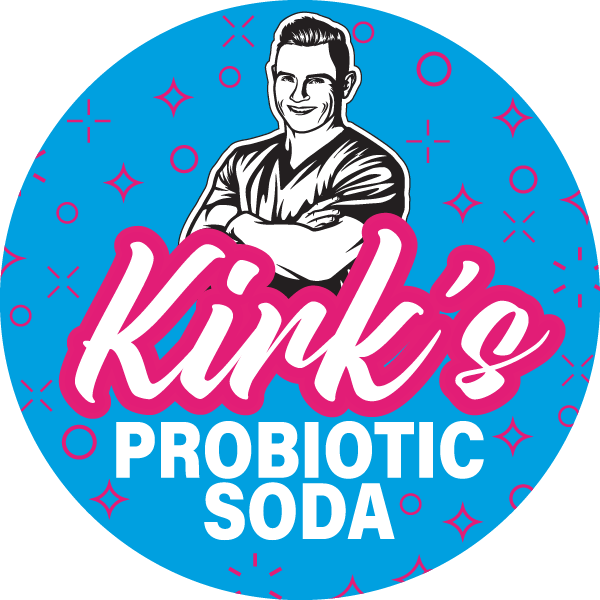Prebiotics, probiotics, and postbiotics are terms used to describe different components and aspects of the gut microbiome and its relationship with human health. Here's what each term means and how they differ:
Prebiotics:
Prebiotics are non-digestible dietary fibers and compounds that serve as food for beneficial bacteria in the gut. They essentially provide the necessary nutrients for the growth and maintenance of healthy gut bacteria. Prebiotics are typically found in certain types of carbohydrates, such as certain fibers and resistant starches. They help create an environment in the gut that is conducive to the growth of beneficial bacteria, thereby promoting a balanced and diverse microbiome.
Probiotics:
Probiotics are live microorganisms that, when consumed in adequate amounts, confer health benefits to the host. These microorganisms are often referred to as "good" or "friendly" bacteria. Probiotics can be found in certain fermented foods (like yogurt, kefir, sauerkraut, and kimchi) and are also available as dietary supplements. When ingested, probiotics can help balance the composition of the gut microbiome and support various aspects of digestive and immune health.
Postbiotics:
Postbiotics are the metabolic byproducts of the interaction between probiotics and prebiotics within the gut. Essentially, they are the compounds that are produced when probiotics digest and ferment prebiotic fibers. Postbiotics include substances such as short-chain fatty acids, peptides, and other bioactive compounds. These compounds can have direct health benefits for the host, including influencing the immune system, reducing inflammation, and promoting gut barrier function.
In summary:
Prebiotics are non-digestible fibers that nourish beneficial bacteria in the gut.
Probiotics are live microorganisms that provide health benefits when consumed.
Postbiotics are the metabolites and compounds produced as a result of the interaction between prebiotics and probiotics.
All three of these components—prebiotics, probiotics, and postbiotics—are important for maintaining a healthy gut microbiome and supporting overall well-being. A balanced diet rich in prebiotic fibers and incorporating probiotic-rich foods can contribute to a diverse and thriving gut microbiome, which in turn can have positive effects on digestion, immunity, and other aspects of health.

